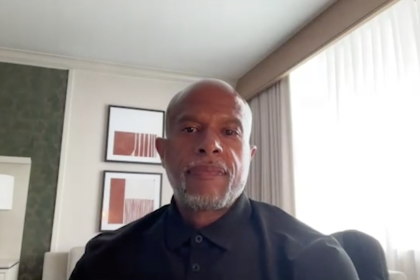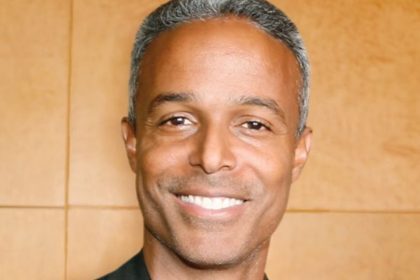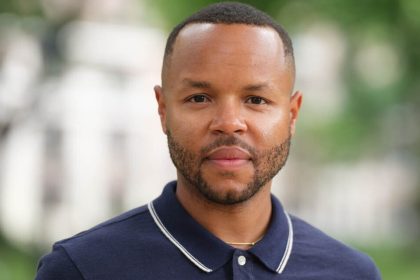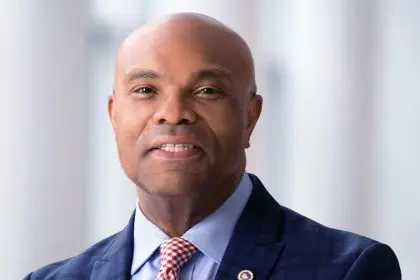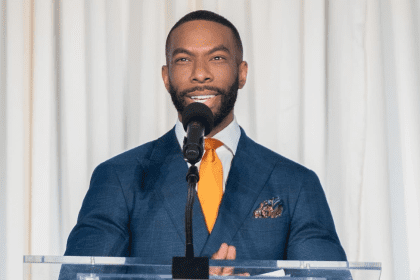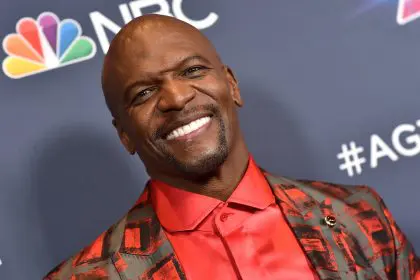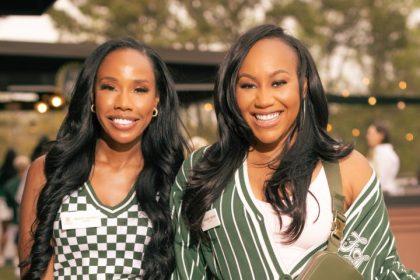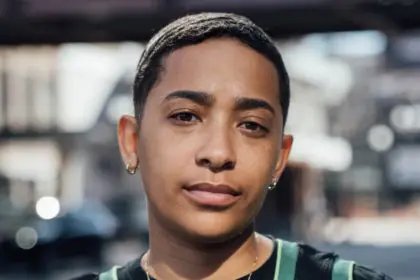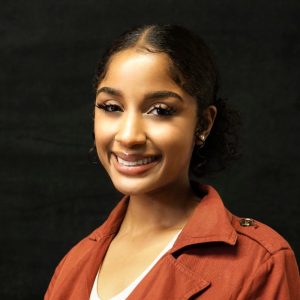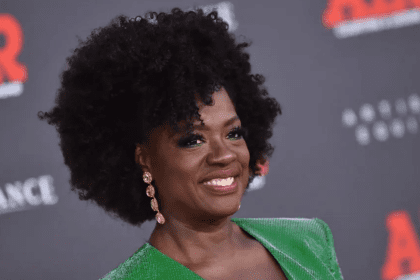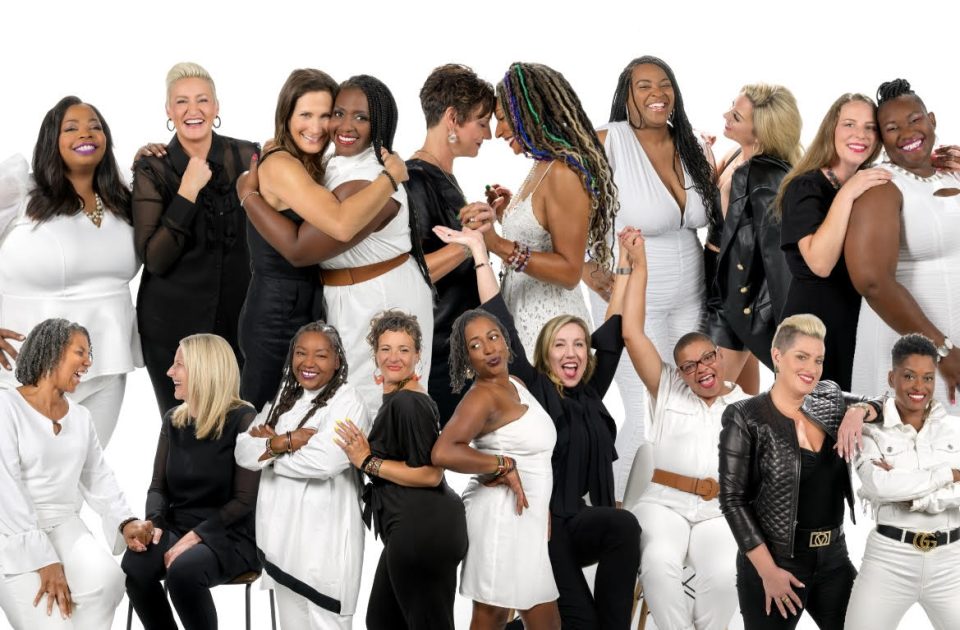
Chaz Sandifer is the creator and founder of the diversity project, the Black and White Affair Calendar. What started as a racial unity and inclusion event during the 2020 pandemic, evolved into an ongoing conversation between businesswomen who wanted to do more. She wanted Black and White women to embrace each other while keeping the focus on Black-owned businesses. Each month of the calendar shouts out a Black-owned business and how people can support.
Sandifer was able to expound on how the calendar idea was conceived and how it can help bridge the gap between Black and White women. She encourages everyone to get a calendar for the new year ahead.
How did you come up with the idea of the Black and White Affair Calendar?
This is one of three businesses that I own. I own theNEWmpls, Stories Behind the Menu, and Let Go Let Flow. For Let Go Let Flow, the concept started before it was actually made into a business. I started having courageous conversations around racial health and equity between Black and White women [and] how White women were showing up for Black women in this space in America. As you know we are the most educated right now, we have the most degrees, our businesses are growing astronomically, we are beyond creative, but there are spaces where we have to deal with White people every day and that’s the truth. We have to be able to interact, but we also have to do that through healing from the inside out. So, I officially made it into a business two and a half years ago and it has just flowed into everything else from there.
How is the Black and White Affair Calendar shifting the narrative?
So, this started off as an event where I said, “let’s get Black and White women together,” right during the pandemic. I was able to get some funding from a great local nonprofit here, I told them my vision, and they said, “absolutely we will help support this.” With the help of the Twins Stadium, our baseball stadium, they gave us free space to have this outdoors in the summertime. What I proposed to everyone is, Black women wear white and White women wear black. I told them we will have four panelists, two Black women and two White women, and I want you to have a great conversation and discussion about the differences [in being] Black women and White women in America.
Watch the full interview below.


